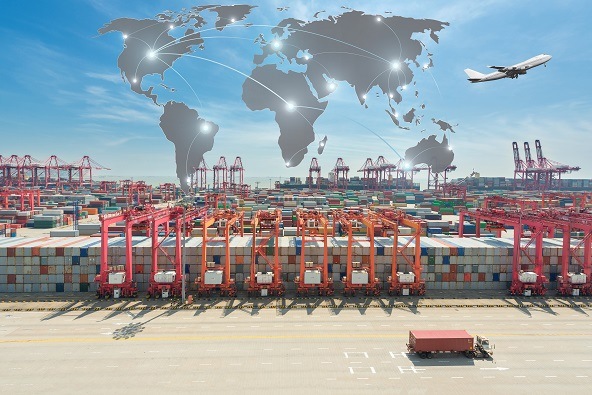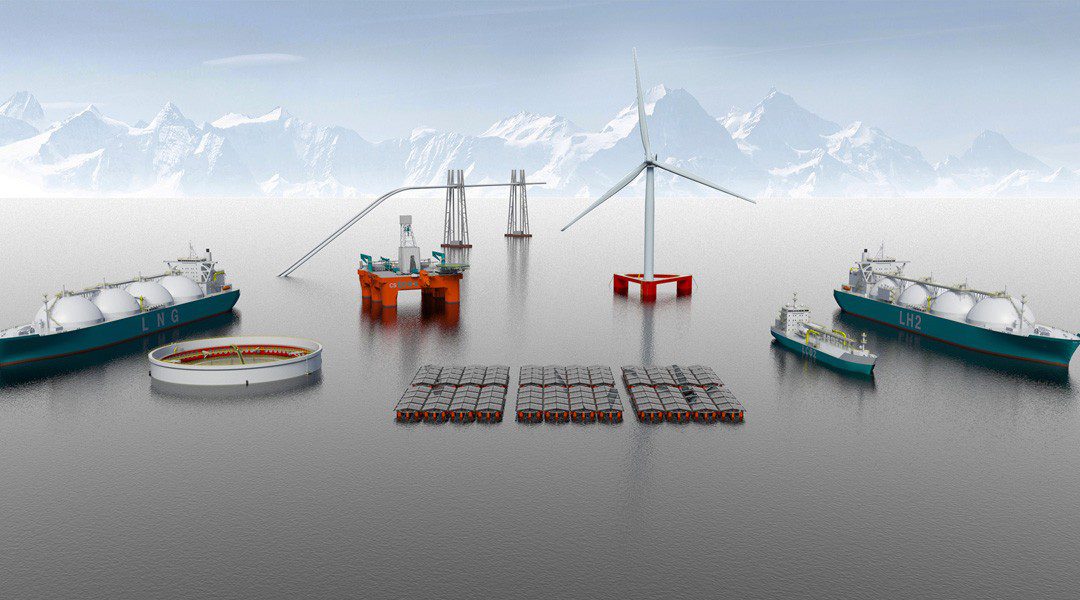
Traxens, experts in smart data for ports, terminals and the wider maritime industry, has launched Business Requirement Specifications (BRS), the first standards for smart container data exchange.
The BRS regulations will be published by the United Nations
Centre for Trade Facilitation and Electronic Business (UN/CEFACT), and Traxens
says it will accelerate what it calls the ‘digital age of shipping’.
Despite ‘smart’ containers – containers fitted with sensors
and antenna and which can share relevant data throughout the supply chain –
being widely used already, there are currently no global standards in place to
maximize the potential of smart data.
Initiated in October
2017, the ‘Smart Containers BRS’ project aims to provide clear specifications
for the exchange of data to ensure interoperability and easy integration within
different systems.
Data will be generated once and shared between multiple
stakeholders, platforms and systems, improving data exchange, automated
workflow and alert generation.
These new standards will be the basis for API development
and bring technology into every aspect of the supply chain, as well as provide
powerful and innovative tools.
In February 2019, Traxens signed an agreement with APL, a
subsidiary of CMA CGM, the fourth biggest container shipping line in the world,
to utulize smart data by providing real-time information on the condition and
movement of cargo.
TRAXENS and APL Partner for Container Tracking Solution
Smart data and its potential for increasing supply chain visibility, innovation and cooperation will be one of the many topics discussed at length at the Smart Digital Ports of the Future Conference (#SDP19), in Rotterdam, 4-6 November 2019.
Speaking about the announcement, Jacques Delort, Managing
Director, Traxens, said: “This
technology can be combined with other innovations such as blockchain, big data
or data pipelines to provide even more uses in the trading community.
“In all of these cases,
though, we see that creating clear, unambiguous message exchange standards will
unlock the further potential of enhanced data.”
Hannane Becha, Innovation and Standards Senior Manager,
Traxens, also spoke of the innovation’s potential: “Thanks to smart containers standardized messages, the computer
representation of the supply chain will become synchronized with the physical
world, increasing the speed and accuracy of decision-making, the automation as
part of transport and logistics execution and the seamless collaboration
between stakeholders.
“Enhanced data will
improve visibility and predictability for stakeholders as well as for
regulatory agencies who need detailed information on consignments before they
arrive at the border.”
Mathieu Friedberg,
Senior Vice President, Commercial & Agencies Network, CMA CGM Group spoke
of the importance of data standards and referenced the aforementioned partnership
between APL and Traxens.
“We are proud to pave
the way to better data integration and advanced smart container services by
bringing the shipping industry together around a common standard,” he said.
“Such standardized solutions are key to advance digitalization and to seize all the opportunities offered by smart containers.”
Want to learn more? This topic will be discussed in further detail by industry-leading experts at the Smart Digital Ports of the Future 2019 conference, 4th – 6th November 2019. Register your interest in attending or book your place by clicking here.





